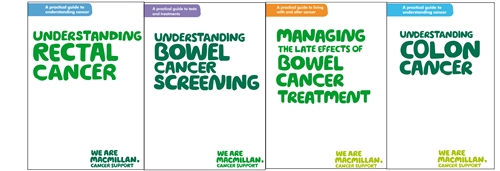Are you looking after someone in your family who has cancer? Maybe it’s your mum, dad or grandparent? If you are under 18 and you spend time looking after someone who is ill, then you are a young carer, and our new young carers handbook is for you. It’s been written in collaboration with other young people like you who’ve cared for their parents or relatives, so it contains real experiences and honest advice.…




